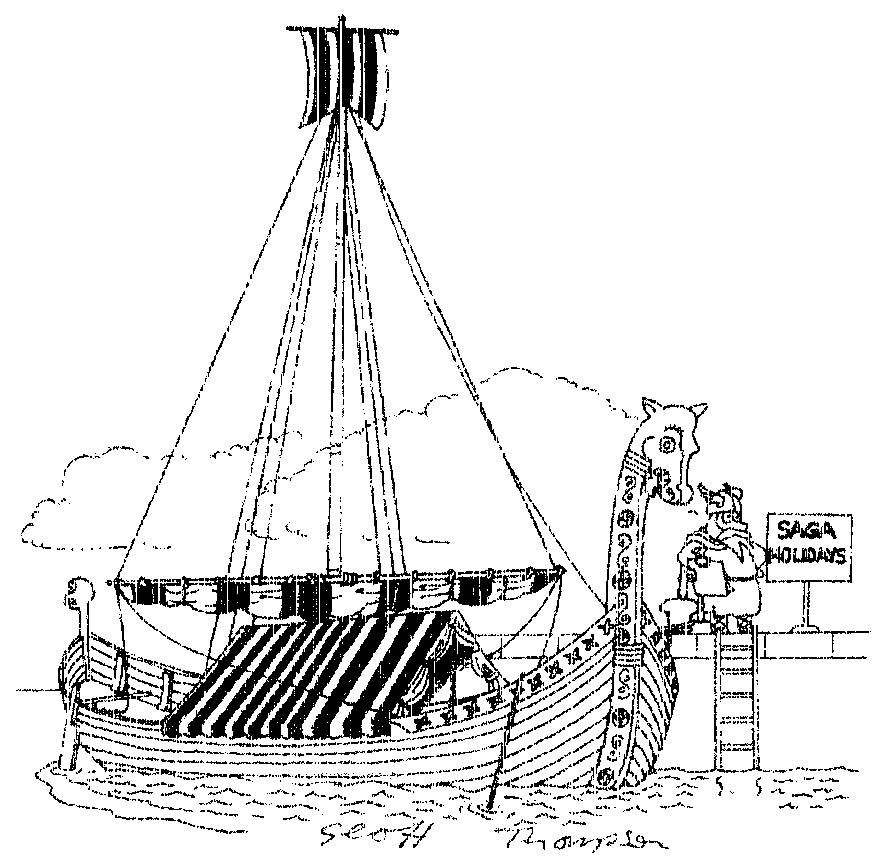It’s the very end of George W. Bush’s second presidential term, and Dick Cheney comes to see him in the White House to talk pardons.
It’s the very end of George W. Bush’s second presidential term, and Dick Cheney comes to see him in the White House to talk pardons. Specifically, Cheney wants a pardon for Scooter Libby, a man notorious not, as you might expect, for existing under his own porn star name (it’s a game; you take the name of your first pet and your mother’s maiden name and put them together — trust me, it’s hilarious), but for perjuring himself in the byzantine court case resulting from the outing of Valerie Plame, a CIA agent (whose own name might also sound like the name of a porn star, although not one created by the game above).
It’s there, in the ex-president’s new memoirs. Dick Cheney (once you start looking, these names are everywhere) wants a pardon for Libby, but George Bush (see?) doesn’t feel inclined. Cheney is distraught. ‘I can’t believe you’re going to leave a soldier on the battlefield,’ he says. ‘The comment stung,’ says Bush. Clearly, our lips are supposed to tremble. But reading it, surely, one can only think… what are these people on?
Hollywood, that’s what. Grade A, and mainlined into the veins. It’s Saving Private Libby, and Bush has bottled it. Take another example, in the interview Bush gave this week to James Harding, the editor of the Times. Did Bush, asks Harding, authorise the use of waterboarding on Khaled Sheikh Mohammed, the 9/11 mastermind? ‘Damn right!’ says Bush. He uses the same phrase in the memoirs themselves. It’s pure Jack Nicholson, in A Few Good Men. ‘Did you order the code red?’ demands Tom Cruise, as a military lawyer, trying to get to the bottom of the abuse of a military cadet. ‘You’re goddamn right I did!’ barks Nicholson.
Bush, with this book, wants to appear bookish. He wants us to see him as a president inspired by history, shunning TV when off duty, and instead burying himself in biographies of Lincoln, Roosevelt and Truman. Only, from his language, from his poise, it’s palpably clear that he wasn’t really inspired by history, but by movies which often have Steven Seagal in them.
You remember when Bush found his presidential voice? Addressing America after 9/11? That’s Bill Pullman in Independence Day (1996), speaking to the nation/world after attack by aliens. And when he stood on that ship in Iraq, and did his ‘mission accomplished’ thing in a bomber jacket? That’s Harrison Ford, in any one of a number of films adapted from the books of Tom Clancy.
If we must find Bush’s inspiration in books, in fact, I’d suggest Clancy’s oeuvre is a good place to start. His Jack Ryan (usually played by Harrison Ford when they go to film) reached the presidency seven years before Bush did, and ran a fictional administration which reads, today, like a prophecy. He even inspired the ‘Ryan Doctrine’ which followed an Islamic terrorist attack, and authorised extreme covert measures against America’s enemies. That was in Executive Orders, published in 1996. Bush wasn’t president for another five years.
To British sensibilities, of course, even the most mundane Americanisms can seem filmic, because half the films we see are American. That’s not just true with vernacular, it’s also true the first time you climb into a yellow New York taxi. But Bush embodied the lowbrow myth of the hero president to a ludicrous degree. Ronald Reagan was the film star who became president, but Bush behaved like a film star playing one.
‘Bring it on!’ he’d say. ‘We’re going to find out who did this, and kick their ass!’ he’d say. Honestly, where else does this stuff come from? You want the truth? You can’t handle the truth. He’s Hollywood, all the way. Film star president; porn star name. Go on, give it a go. Mine’s Oedipus Steinberg. Hours of fun.
Seriously though, what the hell is going on with Sally Bercow? I read the Speaker’s wife on Twitter all the time, and she seems wrong about almost everything, but not particularly mad. I haven’t seen her stint on Have I Got News For You? yet, but she’s deft enough in her usual widespread TV punditry for it to not necessarily prove disastrous. But why is any of it happening? What, basically, is up?
Listen, Mrs Bercow. If you wish to have some sort of audible role in the national conversation, and you benefit from a surname which might make people notice you when they otherwise might not, then there are conventions to be followed. First, be coy about it, don’t flaunt it. If you must mention it at all, keep it vague, perhaps by alluding to it at the bottom of an article without spelling it out.
Second, bristle when people mention it, don’t preen. And third, and this is the big one, never, ever accept a gig unless it is at least plausible (even if unlikely) that you might have managed to land it under your own steam. Them’s the rules. You’re shamelessly breaking them. Yet it all seems to be working out. It’s monstrously unfair.
Hugo Rifkind is a writer for the Times.








Comments